Fida Hussain
Srinagar, Jul 17 (KNB): The content of school textbooks aimed to furnish it to the extreme level should always be the reason of debate and deliberations among the educationist and intellectual classes of the society. Knowledge is power attained trough education via teachers and books which simply amply the old adage ‘more education, the more power’.
The Education has a greater role to address the issues pertaining on personal or collective fronts; the transformation of education upholds the philosophy and wisdom of the generations. As such the unbiased and liberal education amidst changing world order helps the individual navigate internal and external conflicts in life.
The Kashmir has a rich history of communal harmony and traditional brotherhood and education sector plays an important role in upholding this uniqueness of trouble-torn Valley. We are now inhabitants of post colonial era, but the division of knowledge as a colonial remnant still continues. The most educational institutions in Kashmir do not intend to learn, incorporate the subjects or texts that they have artificially compartmentalized and unnaturally divided.
Days have gone, when there used slave-master relationship between pupil and teacher, the time now demands the modernization in education and of course above the religious lines, the curriculum of our schools need to undergo drastic changes. To understand the contemporary problems being faced by the members of public in Kashmir on daily basis can only be achieved by taking the world order in to consideration.
No doubt that in Kashmir, we have less gender biases in education, compared to some other states of India, however, to make education more fruitful to address the issues the stakeholder need to raise on this occasion and push themselves towards a non-biased and diverse education system. The limited and traditional education will only maintain the status quo of our suffering rather a positive change.
The importance of civil society in the process of improving the education scenario especially to implement political diversity in education sector in Kashmir is demand of the times to make the much-needed improvement in education.
It is profoundly important to remember that young children will be biased according to the thoughts and feelings of their family and culture. There is no escape from enculturation—and sometimes, this can be a good thing. This presents a challenge only when we forget it, when we don’t understand that our opinions and biases, when voiced, affect those who have yet to form their own. (KNB)

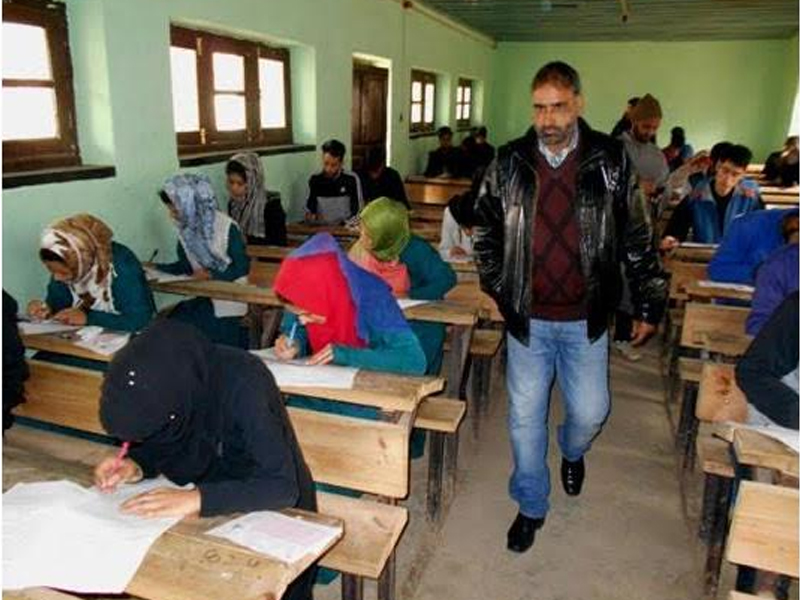

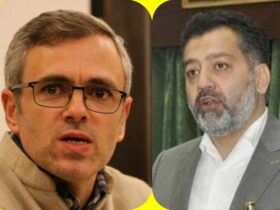
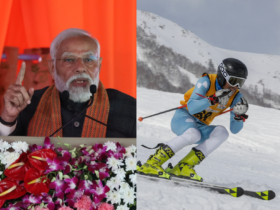

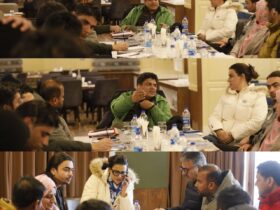
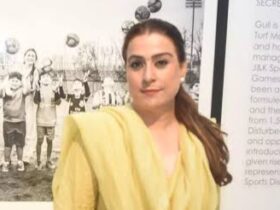
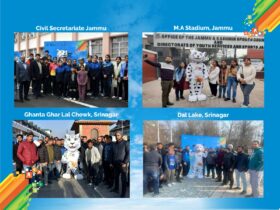
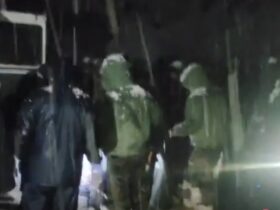
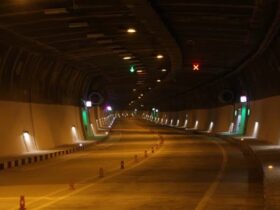
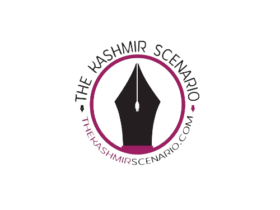
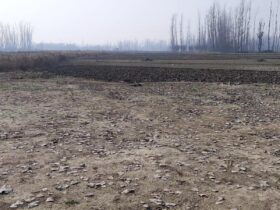
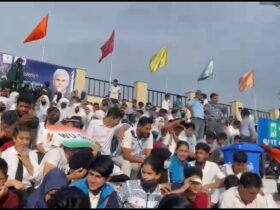

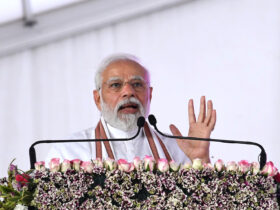
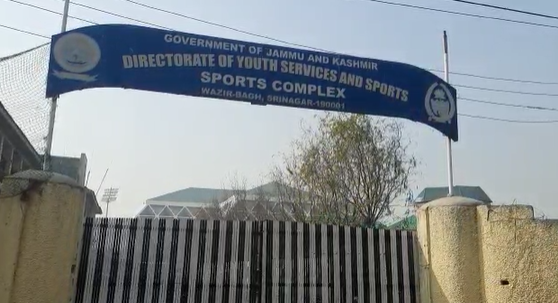
Leave a Reply